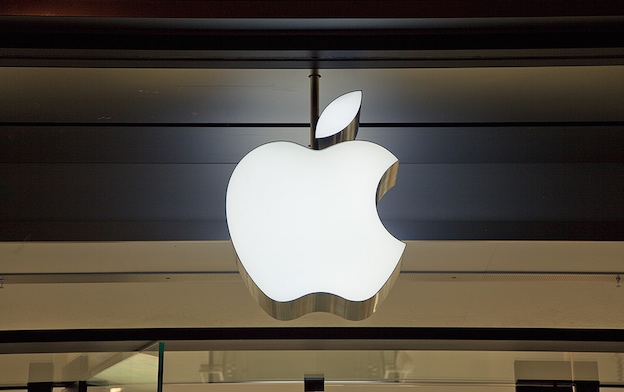When Google acquired Nest for $3.2 billion back in January of 2014, many tech observers lamented that Apple didn’t swoop in and acquire the company first. Indeed, many were quick to exclaim that Apple was missing out on a tremendous opportunity. And at first blush, such arguments were persuasive.
At the time, there was still an air of novelty surrounding Nest. In a relatively short period of time, Nest managed to revitalize, if not kickstart, the notion of a connected home. More than that, the company’s Nest Thermostat was seemingly something that could have come out of Apple’s own design lab. Not only was the product sleek and easy on the eyes, it impressively managed to simplify something as boring and cumbersome as home temperature automation.
The parallels to Apple were clear.
DON’T MISS: HTC 10 hands-on: The most surprising smartphone of the year
What’s more, an Apple/Nest acquisition had all the trappings of a great story. Nest Labs was famously founded by two former Apple engineers: Tony Fadell and Matt Rogers. Fadell, rather famously, is credited with inventing the iPod and later helped engineer early incarnations of the iPhone.
All told, Apple snatching up Nest, so the argument went, would have afforded the company an easy way into the burgeoning connected home market. But according to reports, Apple didn’t even bother making a bid for Nest. In fact, it was reported that Google was the only company to put down a serious offer for Nest.
Now, more than two years later, Google’s Nest experiment seems to be imploding. Over the past few weeks, there have been a number of reports indicating that Nest, under the Google umbrella, hasn’t exactly been a money making machine. Additionally, reports suggest that many of Nest’s engineers are unhappy and and that some of the company’s most prized employees are already eying the door, if they haven’t already left. Compounding matters is the fact that Google is reportedly frustrated by Nest’s lack of new hardware. In turn, revenue at Nest, which is now an Alphabet subsidiary, has reportedly been disappointing.
The problems that have reportedly plagued Nest only serve to underscore the wisdom behind Apple’s own acquisition strategy. Rather than making plays for passing fads or whatever the hot company of the moment is, Apple’s acquisitions are famously surgical in nature. Apple tends to target smaller companies with technology or personnel that clearly fit into the company’s long term product roadmap. In short, there needs to be a clear “road to monetization” aspect to an acquisition, otherwise Apple won’t even bother. What’s more, the monetization potential must justify the purchase price.
For instance, Apple in 2012 acquired AuthenTec – a fingerprint technology company – for $356 million back in 2012. The result? Touch ID which became a big selling point for the iPhone 5s upon its release in 2013.
Even Apple’s biggest and boldest acquisition – its $3 billion acquisition of Beats – is already starting to pay off. To date, it’s estimated that Apple Music already has 11 million subscribers. Translation: Apple’s bet on Beats is already yielding a minimum of $110 million a month in revenue.
So why didn’t Apple buy Nest? Couldn’t Apple have monetized it somehow?
Not really.
Aside from selling Nest Thermostats in its stores, there wasn’t a viable monetization play for Apple to make. For starters, Nest products wouldn’t have helped fuel more iOS device sales, arguably Apple’s underlying motivation behind every move it makes. Spending $3.2 billion for the privilege of selling Nest Thermostats and smoke alarms in Apple retail stores would have made absolutely no sense. Especially with reports that Nest’s revenue under Google has been beyond disappointing, Apple’s acquisition strategy appears to be especially astute.
Consider this: Apple Music (formed on the foundation of Beats) generates more revenue in about three months than Nest manages to generate in a year.
What’s particularly interesting about Nest’s seeming implosion is that all of the reported problems appeared to surface only after the company came under the Google umbrella. Did the pressure of having to meet Google’s expectations somehow permanently change the company’s corporate culture? Or, perhaps, did the company simply run out of viable ideas? Or, is it perhaps possible that there were always problems brewing at Nest and it was only a matter of time before they bubbled up to the surface?
We may never know, but what remains clear is that sometimes the best move is to make no move at all, an acquisition philosophy that clearly permeates through Apple’s DNA.








